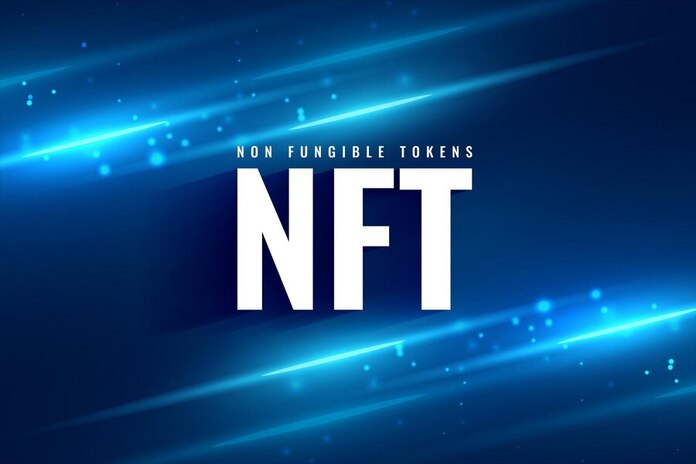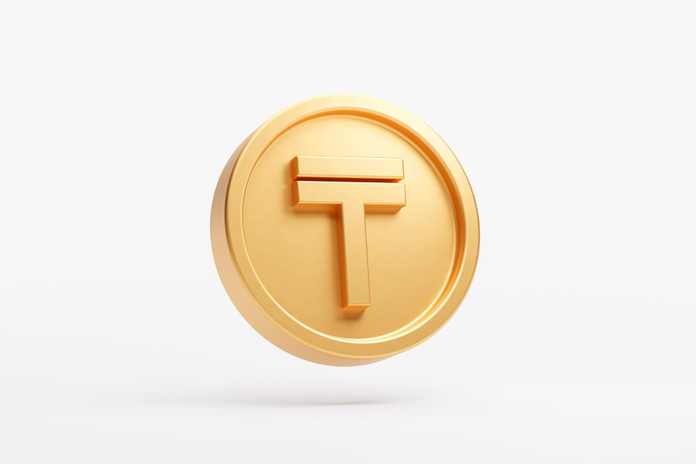Stradivarius Violin Secures $9M NFT Loan from Galaxy Digital
This post was originally published on this site

Digital assets firm Galaxy Digital has granted a multimillion-dollar loan to Yat Siu, the co-founder of Animoca Brands, using a unique collateral combination: a tokenized 1708 Stradivarius violin and its corresponding non-fungible token.
Valued at over $9 million, the violin boasts a storied history, including ownership by Russian Empress Catherine the Great. This deal could set a precedent for the tokenization of physical assets, potentially revolutionizing collateralization and opening new investment opportunities for high-value items.
Galaxy Digital’s decision to tokenize the Stradivarius violin, crafted by the esteemed Stradivari family, merges the art world with blockchain technology. The physical violin will be securely stored in Hong Kong, while its digital counterpart facilitates the loan process.
Tokenization involves converting a tangible asset into a digital token tradable on blockchain platforms, offering a novel approach to asset management. Several asset managers are optimistic about the future of tokenization.
A report by 21.co late last year projected that the tokenization market could scale to $3.5 trillion in a bear-case scenario, or up to $10 trillion in a bull case.
Featured Image: Wikipedia
















